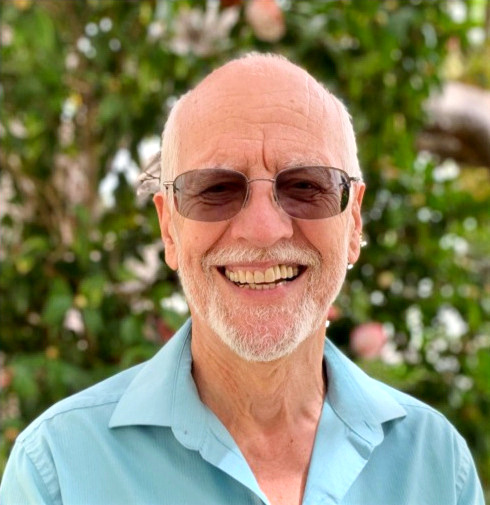Dysfunctional Families (Wisdom of the 12-Steps)
- Connard Hogan

- Jan 25, 2022
- 3 min read
Updated: Jan 6
Bottom line: Don’t give up. We’re all capable of healing and recovery, but we have to reach out for the support that awaits.

We’ve heard the term, but what does dysfunctional mean, anyway? Merriam-Webster dictionary defines dysfunctional as “not functioning properly: marked by impaired or abnormal functioning.” It may be difficult to pinpoint, or put into words, what’s dysfunctional in a family or individual, but generally we know something’s amiss on a gut level.
Growing up with a father who frequently binged alcohol after cashing his Friday paychecks, then arguing and physically abusing my mother when she confronted him, I knew things were out of kilter. Their fighting scared and saddened me. I felt torn during those years between wanting to escape and avoid my confusion, hurt, sadness and my helplessness over their turmoil. I worked to steer clear of the intensity of Dad’s rages. At the same time, I wanted to prevent harm to Mom, as I was terrified of losing her altogether by Dad’s hand. In spite of, or because of, my feelings—doesn’t matter which—I searched for clues as to how I could intervene and stop the periodic madness.
As a young boy, I couldn’t explain normal . . . not to myself, and not to anyone else. Nor did I know how other fathers acted towards their children, except from glimpses I could get here and there. But my feelings told me that my nuclear family situation was wrong, wasn’t healthy, and desperately so. Like when I burned a finger after touching a hot stove, or scrapped a knee from a fall, I knew if something caused pain, then that something wasn’t good. And I knew to avoid repeating behavior which caused pain. I didn’t know what I could do to change my dad’s drinking, my parents’ arguments over it, or Dad’s abuse of Mom. I didn’t have the tools to communicate my feelings with others. Some invisible wall of silence had been erected, which trapped my mom, my brother and me, and prevented us from seeking effective assistance to change the equation. I couldn’t intervene physically. The best I could do? I hunkered down, observed, and empathized with Mom when I could. I calculated how, and moreover when, I might intervene . . . while at the same time pursuing my boyhood interests at school and during visits to my grandparents.
Visits to my grandparents, particularly my maternal grandparents’ farm, became my saving grace. The unconditional love I received there from extended family members uplifted me. Dad didn’t drink around my grandparents, that I knew of anyway. Moreover, my parents didn’t argue or fight while there. And so, those visits provided me a safe harbor, a place to anchor myself, lower my vigil, absorb healthier life lessons, and experience the closer-to-nature lifestyle of subsistence farming.
It’s been said that all families are dysfunctional in their own way. And at best, it’s probably a rare few who would claim they didn’t grow up dealing with chaos or experiencing trauma. Who among us can claim they grew up unscathed? Beyond that, none of us can claim we’ve never suffered a loss. Loss is an inevitable part of life.
Some individuals and families, without doubt, are more toxic and dysfunctional than others. And some individuals are harmed more than others. Children in particular are more likely to suffer to a greater degree as they have fewer resources to cope and escape. But we all have opportunity to reach out for support, even in small ways, to avoid further damage and begin our healing journey.
If you don’t have friends or family to whom you can reach out, Twelve-Step meetings are a safe place to start, particularly if counseling/therapy isn’t an option.
Years ago, my healing journey involved reaching out while in undergraduate school when suicidal thoughts threatened to consume me. So, reach out and connect with others. If nothing else, start with a phone call or a remote meeting. There are others out there who can relate and are willing to listen. Unburden yourself of your secrets. You’re only as sick as they are. Drop the public mask you hide behind and let down your walls. Learn to trust others. Learn to love, and accept yourself in spite of your warts and imperfections.
You can read more about my journey by visiting my other blog posts, my About Page, and reading my memoir, Once Upon a Kentucky Farm: Hope and Healing from Family Abuse, Alcoholism and Dysfunction (released early 2022).
I leave you with this quote from an unknown source: “You don’t have to save me, you only need to hold my hand while I save myself.”
Walk in beauty.
(Photo Credit: reshareworthy.com)




Comments